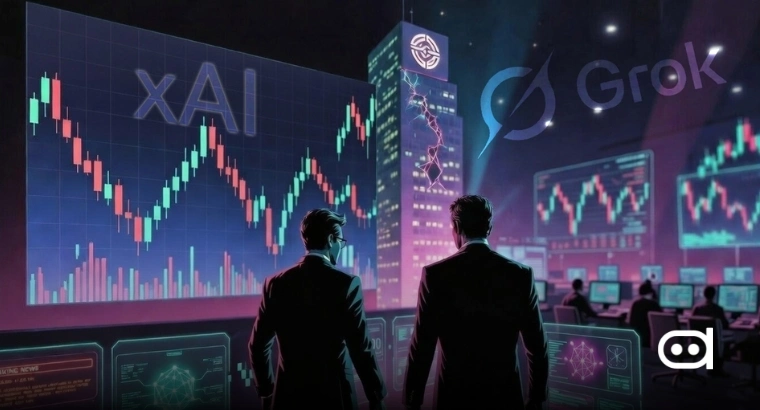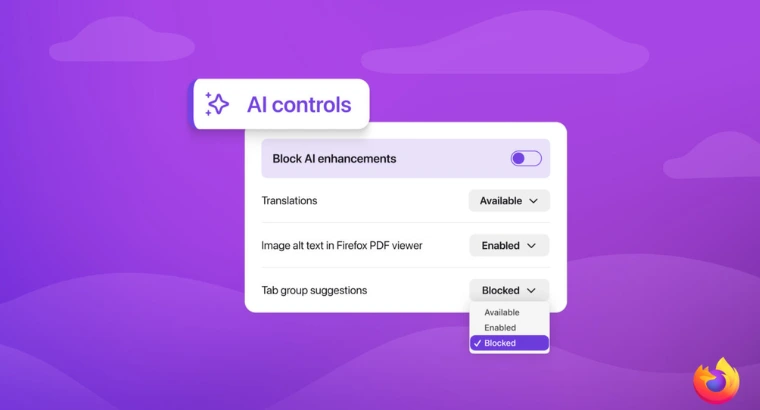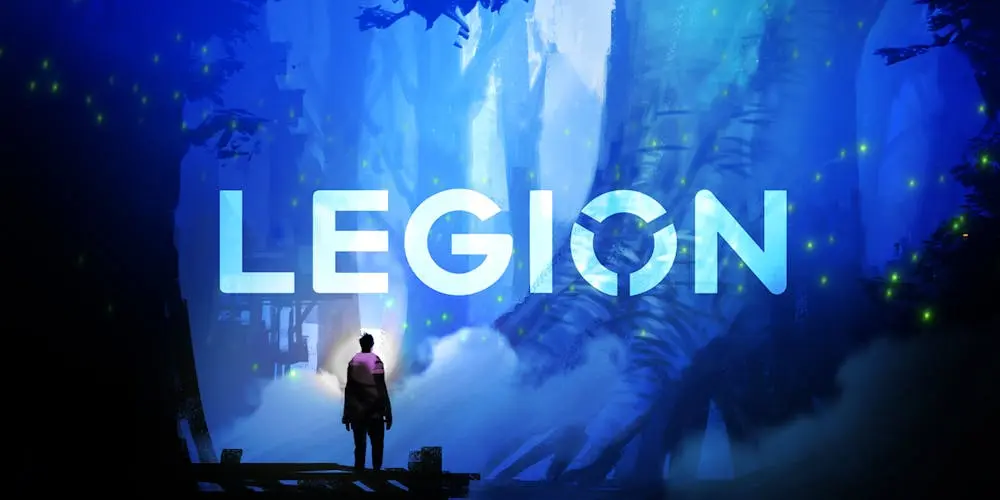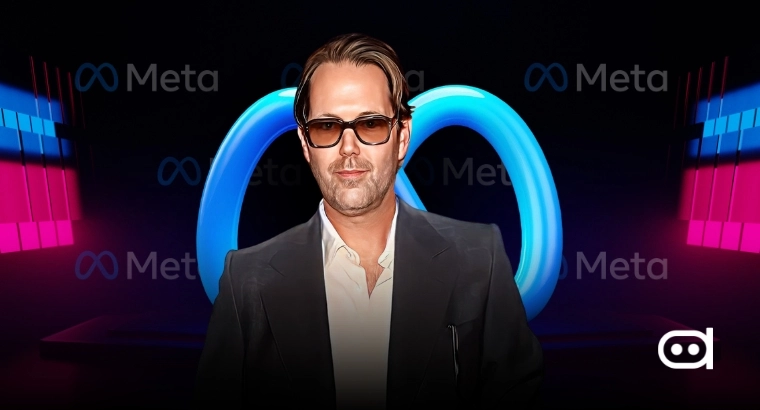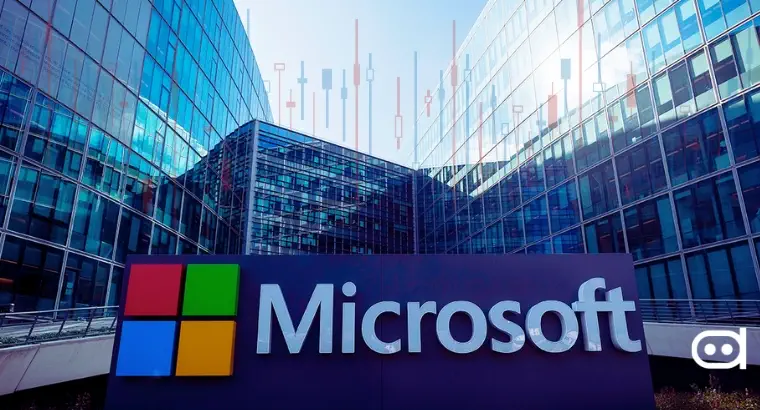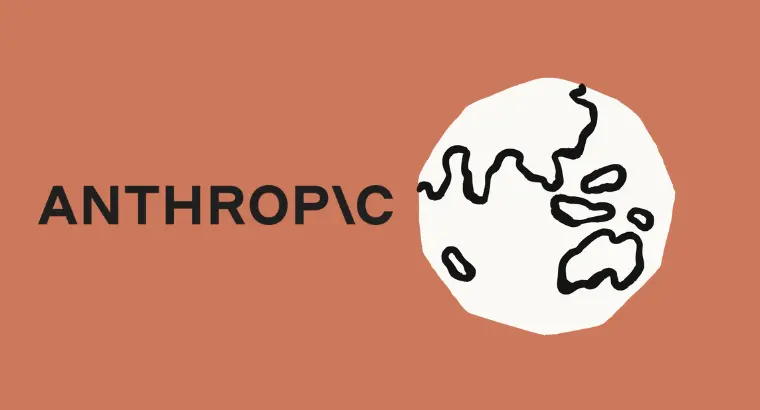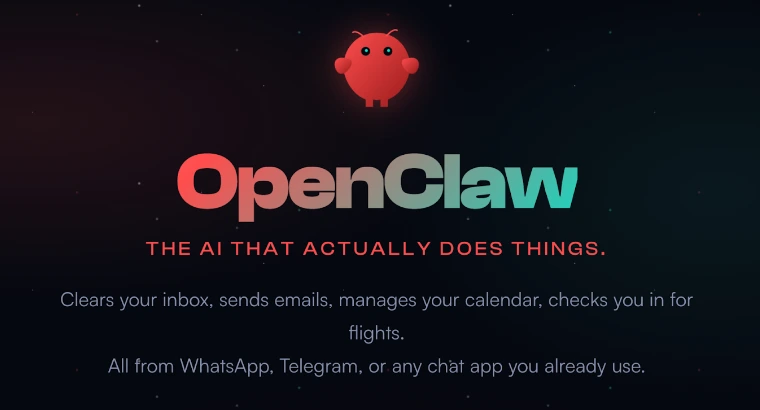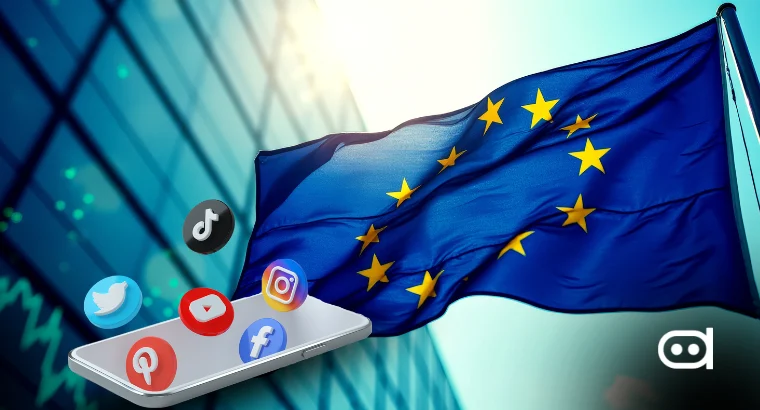
Key Highlights –
- Australia passed Social Media Bill November 2024, citing protection of young children at a “critical stage in their life.”
- The bill delays setting up of social media accounts from the age of 13 to that of 16.
- European Commission President Ursula von der Leyen said Europe will watch and learn closely from your example.
- Nepal’s recent ban on social media created an uproar and topple the government.
Australia’s world-first law banning social media access for children under the age of 16 has gained significant recognition on the global stage, with European leaders closely watching the policy as a potential blueprint for their own digital regulation.
Speaking at the “Protecting Children in the Digital Age” event on the side-lines of the UN General Assembly, European Commission President Ursula von der Leyen publicly endorsed the Australian effort. “I had been inspired by Australia’s example,” von der Leyen said, adding, “We in Europe are watching and will be learning from you… it is up to us to step up for the next generation.”
The Australian legislation, championed by Prime Minister Anthony Albanese, aims to delay a teen’s ability to set up accounts from the current age of 13 until 16, with the goal of giving them “three more years of being shaped by real-life experience, not algorithms.” As per a Reuters report Albanese’s government cited research linking over-use of social media to mental health harms, including misinformation and body image issues.
Australia’s Policy on Social Media Ban for Teens
Australia’s Social Media Minimum Age Bill, which passed into law in November 2024, is set to take effect in December 2025. The law places the legal burden entirely on tech companies, not on parents or children. Major platforms, including Meta (Facebook, Instagram, WhatsApp), TikTok, YouTube, X, Snap, and others, are required to take “reasonable steps” to prevent minors from accessing or creating accounts.
To enforce the ban, Australia is pushing for companies to use advanced, privacy-preserving techniques like artificial intelligence and behavioral data to estimate user age, rather than relying on blanket age-verification that requires ID checks. Platforms that fail to stop minors from logging in face steep penalties, including fines of up to A$49.5 million ($32 million). The tech industry has voiced concerns about the policy’s lawfulness and feasibility, but the Australian government remains committed to its implementation.
You may also like to read – Singapore Threatens Heavy Fines as Meta Faces Scrutiny Over Facebook Scams
Nepal’s Social Media Ban and Aftermath
While Australia’s policy targets the mental health crisis, another recent social media ban in Asia serves as a sharp contrast regarding the political consequences of restricting digital platforms.
In September 2025, the government of Nepal banned 26 social media platforms, including Facebook and X, citing the companies’ failure to register with the government. However, the move was widely perceived as an attempt to silence political dissent against a backdrop of deep economic frustration and high youth unemployment.
The ban ignited mass, youth-led anti-corruption protests across the country. Demonstrations turned violent, with government buildings set ablaze, ultimately leading to the resignation of Prime Minister K.P. Sharma Oli just five days after the ban was imposed. The government was forced to lift the restrictions, but the unrest underscored the central role social media plays in youth activism and the potential for digital restrictions to spark political crises in fragile democracies.


